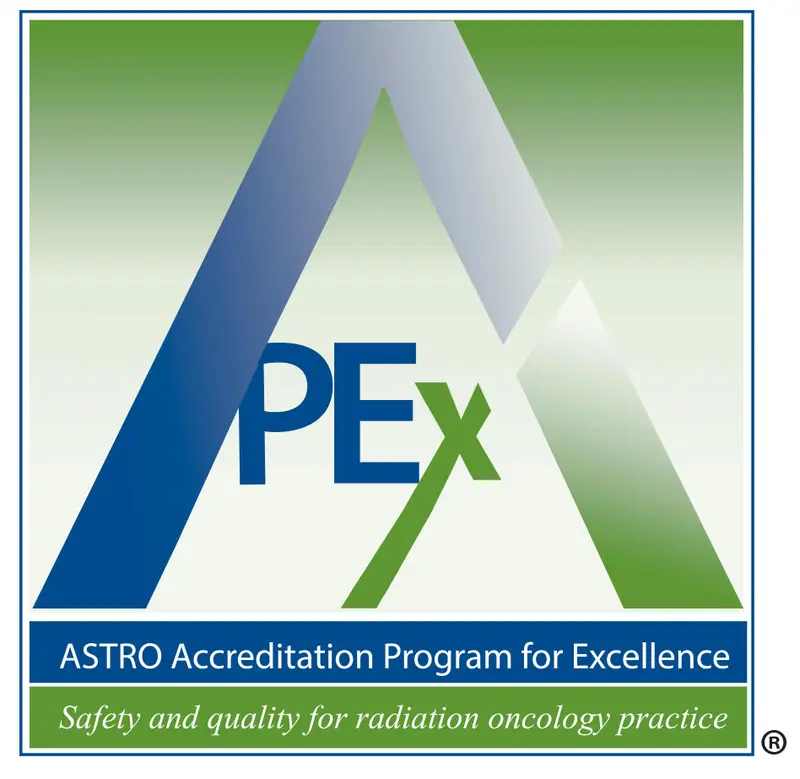A second-generation platinum compound with a broad spectrum of antineoplastic properties. Carboplatin contains a platinum atom complexed with two ammonia groups and a cyclobutane-dicarboxyl residue. This agent is activated intracellularly to form reactive platinum complexes that bind to nucleophilic groups such as GC-rich sites in DNA, thereby inducing intrastrand and interstrand DNA cross-links, as well as DNA-protein cross-links. These carboplatin-induced DNA and protein effects result in apoptosis and cell growth inhibition. This agent possesses tumoricidal activity similar to that of its parent compound, cisplatin, but is more stable and less toxic. Check for active clinical trials using this agent. (NCI Thesaurus)












